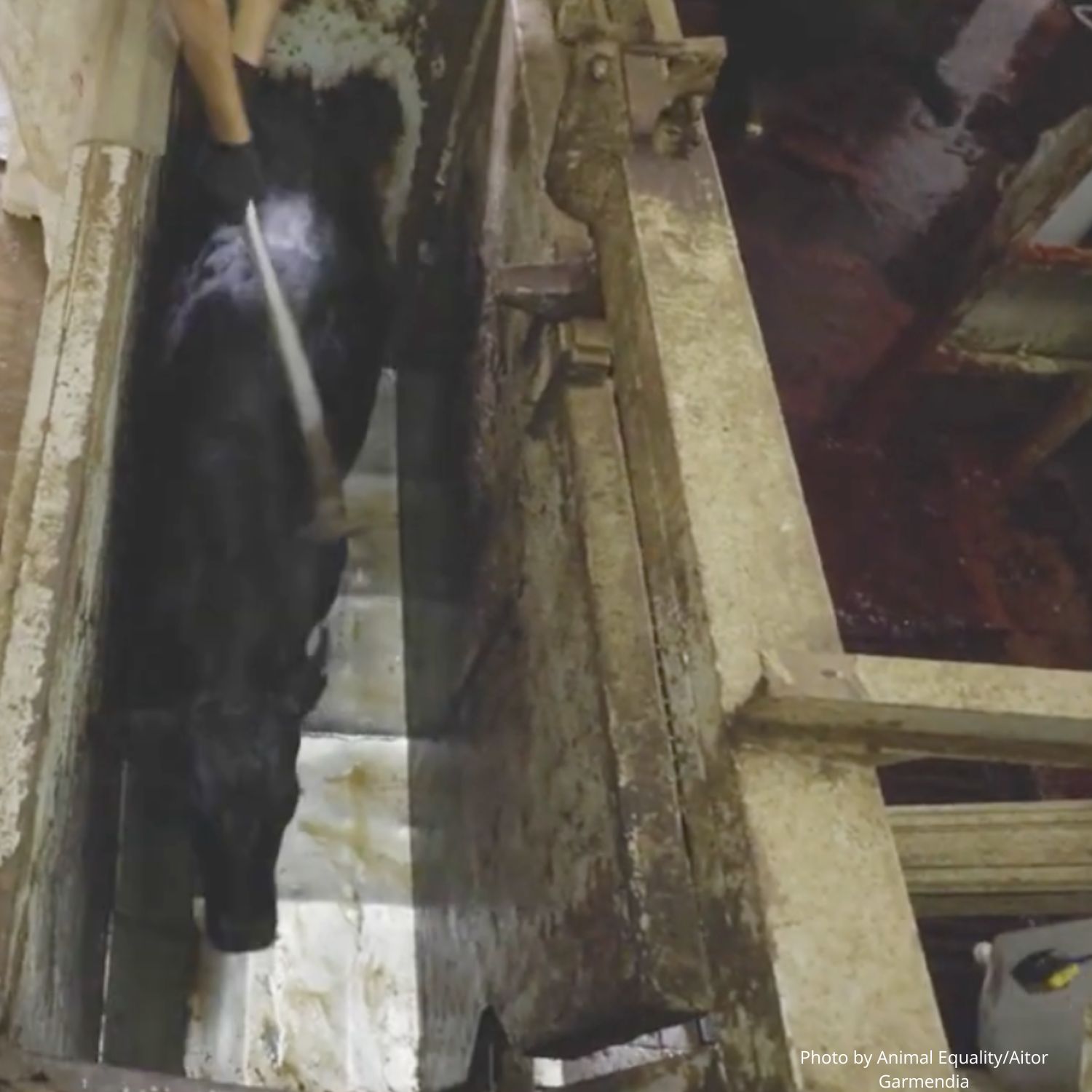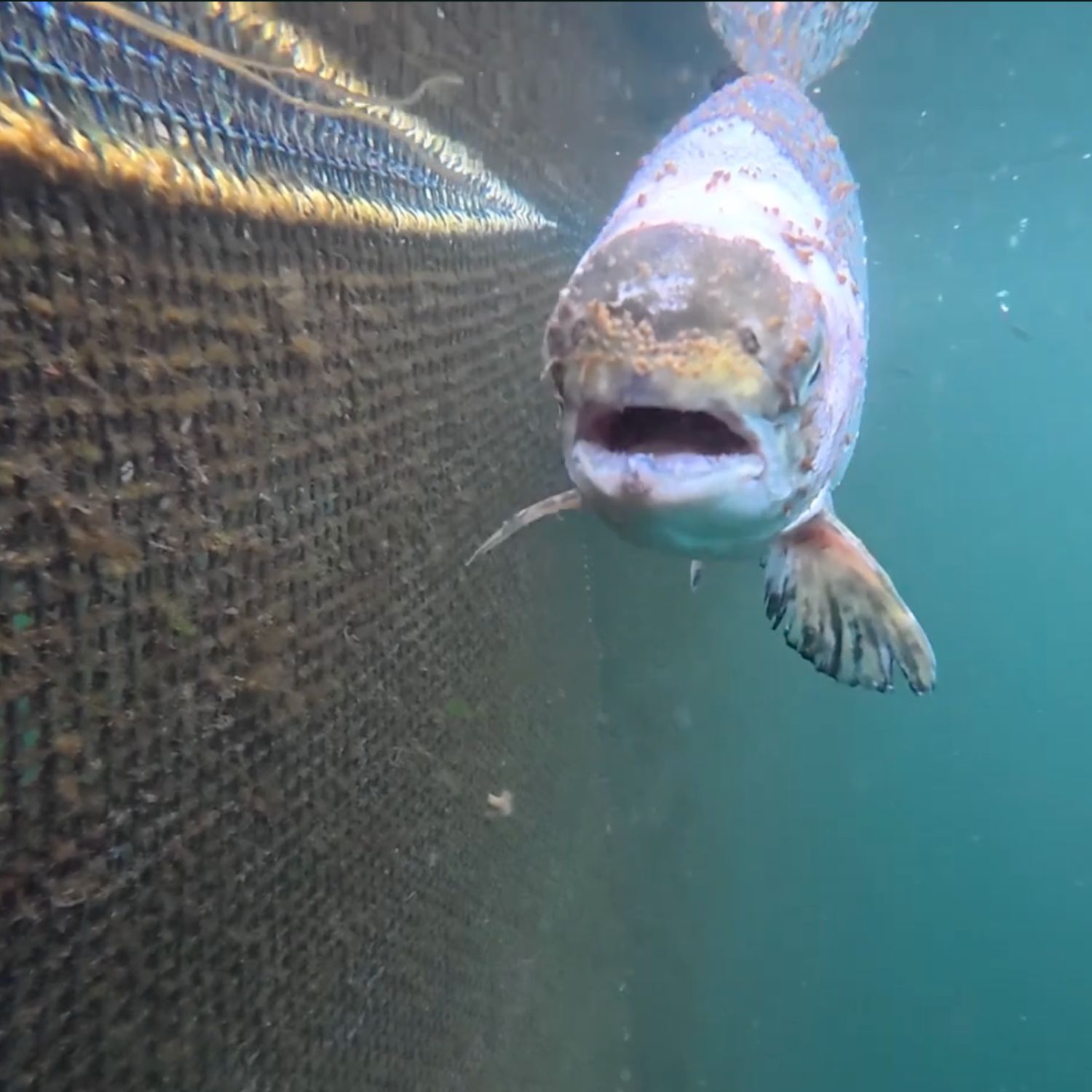New report sponsored by Animal Equality calls for urgent reform of enforcement framework for farmed animal legislation
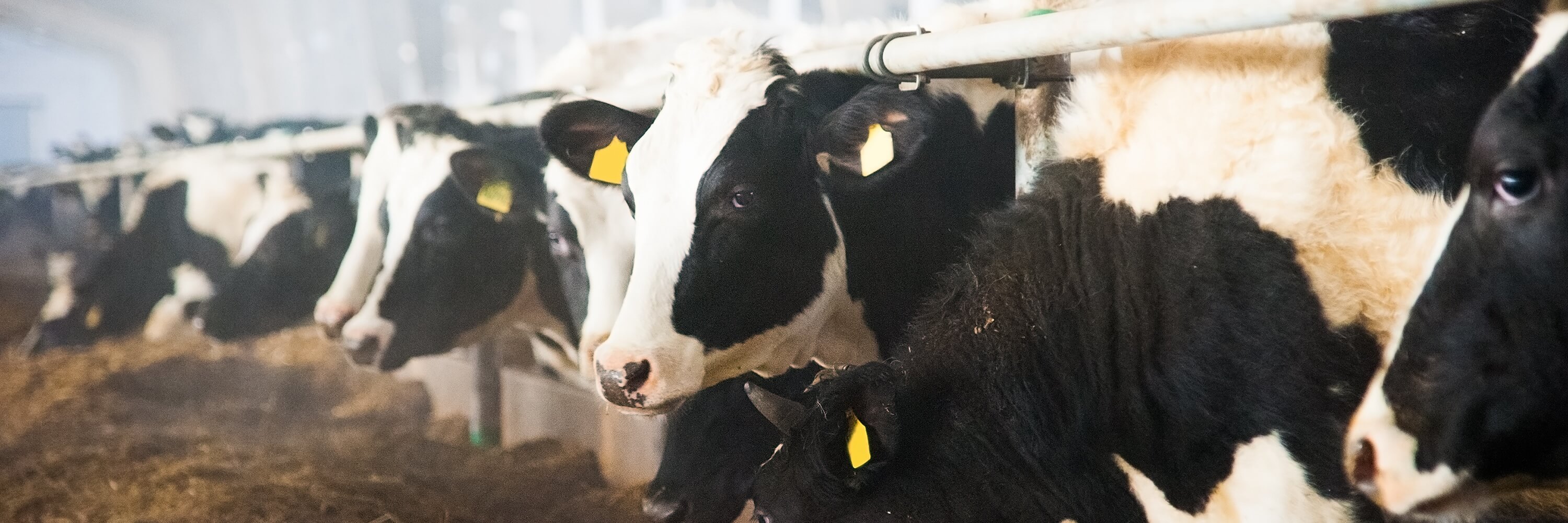
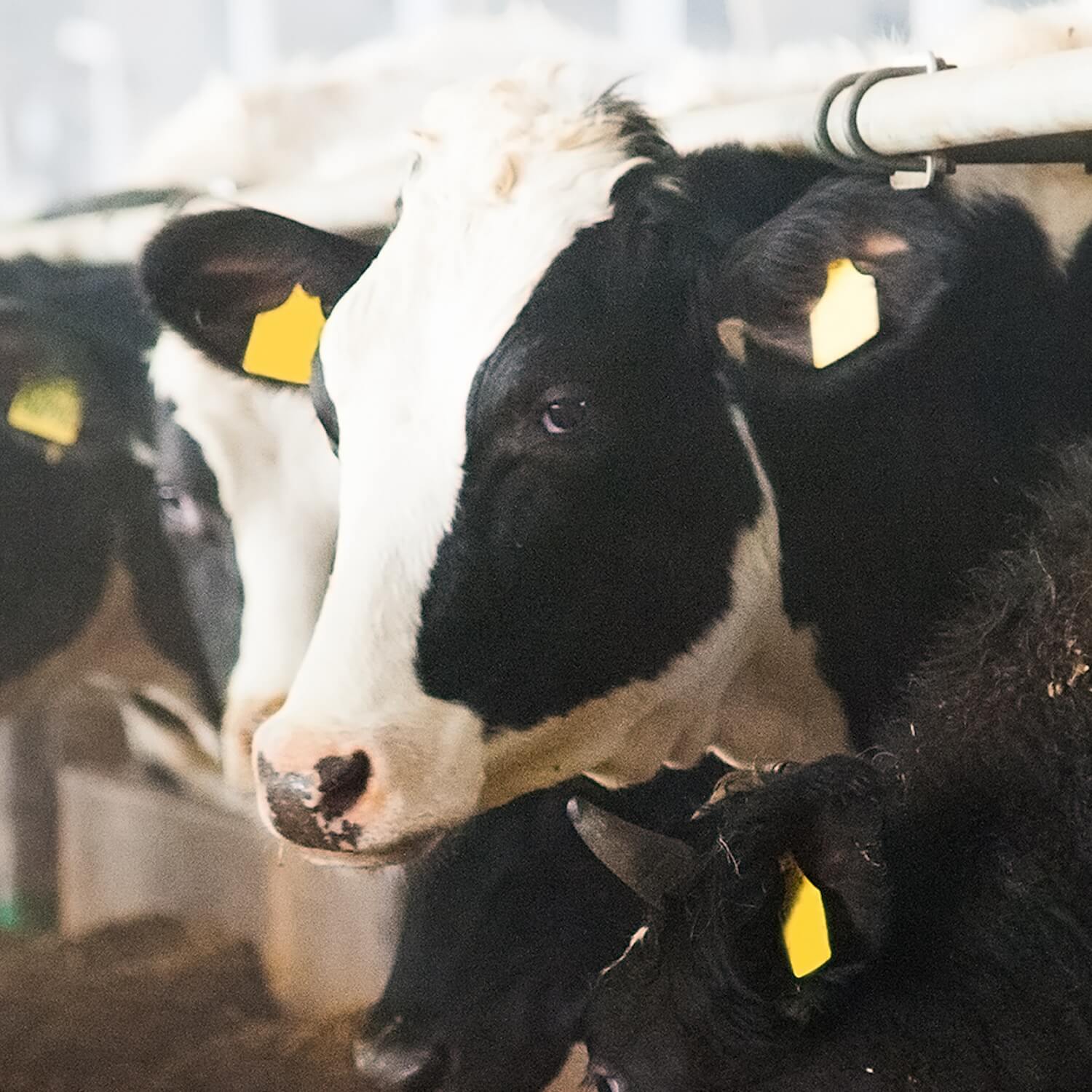
Animal Equality is proud to sponsor the release of a new report by the Social Market Foundation (SMF), titled ‘Taking responsibility’, which investigates the systemic failures in the Government’s enforcement of farmed animal laws and provides a roadmap for a much-needed reform of the framework.
Animals confined in farms will never live happy lives; they will always be separated from their families and denied many of their natural behaviours. Millions will be painfully mutilated or caged, some only seeing the sunlight as they’re loaded on a truck on their way to slaughter.
But laws exist for a reason and we must ensure that they mean something in practice for the animals trapped in these cruel systems, not simply on paper. Activists dedicate decades of their lives fighting for new laws to be enacted – we must make sure they are impacting the animals on the ground.
The report – commissioned by Animal Equality UK and produced by the Social Market Foundation – builds on our original ‘Enforcement Problem’ report, released in 2022 alongside The Animal Law Foundation.
This latest research reinforces once again how limited resources, poor coordination, and the outsourcing of inspections have created a regulatory system lacking transparency and adequate oversight. As a result, illegal and especially harmful practices towards farmed animals often go undetected and unpunished. The SMF joins our call on the Government to assume full responsibility for enforcing animal welfare laws and the report outlines a number of practical recommendations for how this could be achieved.
The problem in a nutshell
Since 2006, Animal Equality has investigated over 820 factory farms and slaughterhouses, revealing a troubling reality: the majority of these facilities break animal welfare laws without facing serious consequences. Our investigations have uncovered shocking practices: pigs having their tails cut off without pain relief, cows struggling to walk on hard concrete floors while carrying unnaturally high volumes of milk, and salmon being slaughtered while still conscious.
These abuses persist largely because of significant enforcement gaps highlighted in our Enforcement Problem report, co-authored with The Animal Law Foundation.
Between 2018 and 2021, we found that:
- Fewer than 3% of UK farms were inspected each year, meaning 97 out of 100 went unchecked.
- Only half (50.45%) of farms that received complaints about animal welfare concerns were subsequently inspected.
- Of those inspected, around one-third (31.38%) were found to be non-compliant.
- Just 0.33% of farms faced prosecution following the initial complaints.
As a nation that prides itself on being animal lovers, this is a disgrace and urgent change is needed.
Key recommendations
In order to close the gaps outlined and improve the enforcement of existing laws, the SMF outlines immediate steps the Government can take to increase surveillance on farms and reduce non-compliance. These recommendations include:
- Centralise enforcement: Responsibility for enforcing animal welfare laws should sit exclusively with the Animal and Plant Health agency (APHA), bringing the process in-house and making it more streamlined.
- Increase transparency: APHA and the Department for Environment, Food & Rural Affairs (DEFRA) should publish detailed data on inspections, non-compliance rates, and enforcement actions to enable public scrutiny.
- Increase scrutiny: Following the EU’s example, the UK Government should introduce an Animal Welfare Commissioner to hold the Government accountable on its progress and to enhance APHA’s focus and effectiveness.
- Strengthen penalties: Enforcement agencies should have the authority to mandate animal welfare education and to retain fines from penalty notices, as is the case with speeding tickets for drivers.
- Enhance inspection triggers: The ‘trigger threshold’ for chickens bred and slaughtered for meat should be lowered, flagging more farms with high disease rates or welfare concerns for inspection. This system should also be extended to cover other farmed animals.
- Mandatory CCTV in large farms: As is currently the case in abattoirs, CCTV should be mandatory in large industrial farms to ensure compliance, with footage made available to APHA for random inspections.
A call for more ambitious reforms
Beyond these recommendations, the report proposes a more ambitious reform: a Government-run farm licensing system, something Animal Equality has been calling for since 2023. It suggests this approach as an alternative to existing assurance schemes, aiming to avoid unnecessary duplication and bureaucracy.
The report highlights that private assurance schemes like Red Tractor, which many supermarkets require farms to be certified by, currently function as de facto licences. The SMF argues that shifting this responsibility to the state would make the system more reliable. A Government-run licensing scheme could also be self-financing, with licensing fees covering the cost of inspections.
With the Government considering mandatory welfare labels for pig meat, chicken meat, and eggs, the SMF emphasises that relying on private schemes to validate these standards is not acceptable. Independent, state-run oversight would provide greater transparency.
We like to think of ourselves as a nation of animal lovers, yet the casualness with which we enforce welfare rules on farms undermines that perception. With responsibility for enforcement split between central government and cash-strapped councils, it has been easy to neglect. That, in turn, has led to greater reliance on private sector assurance programs facing conflicts of interest.
Even low rates of non-compliance can lead to enormous amounts of animal suffering, particularly in a country where over a billion chickens are slaughtered annually. Clearer accountability and transparency is needed to make sure that the issue is treated with the seriousness it deserves.
Aveek Bhattacharya, Research Director of the Social Market Foundation
What we are fighting for
We believe the future can be different.
We must defend those animals trapped in the cruel meat, dairy, egg and fish industries. A government-run farm licensing system, tougher penalties for animal abuse, and stronger transparency would all contribute to increased scrutiny and accountability on farms.
The problem is serious, but there are solutions. Whether it’s introducing a licensing and labelling regime, creating a Commissioner for Animal Welfare, or bringing enforcement capabilities exclusively in-house, it’s time for the Government to step in and step up. We urge those in Parliament with their hands on the levers of power to tighten their grip and crack down on illegal cruelty.
Abigail Penny, Executive Director of Animal Equality UK
And we must also fight for future animals who have not yet been born into the animal agriculture system. We can prevent them from living a life of misery, simply by changing what we buy and what we eat. We can end all animal abuse and neglect – legal and illegal – by eating plant-based today and every day.
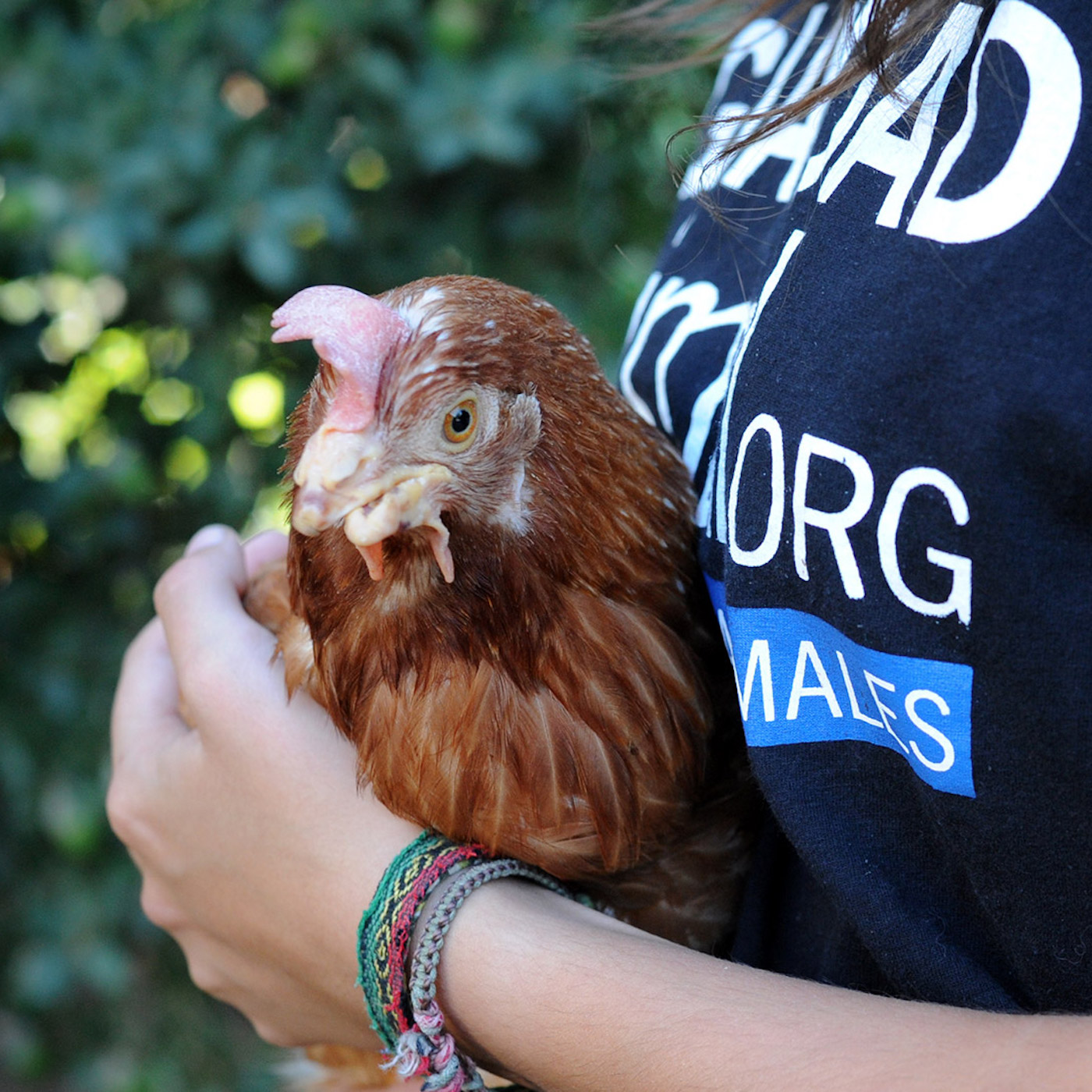
save animals, eat plant based
As a consumer, you hold the power to protect animals from the meat industry. Every plant-based meal saves animals from a life of misery in factory farms and slaughterhouses.


